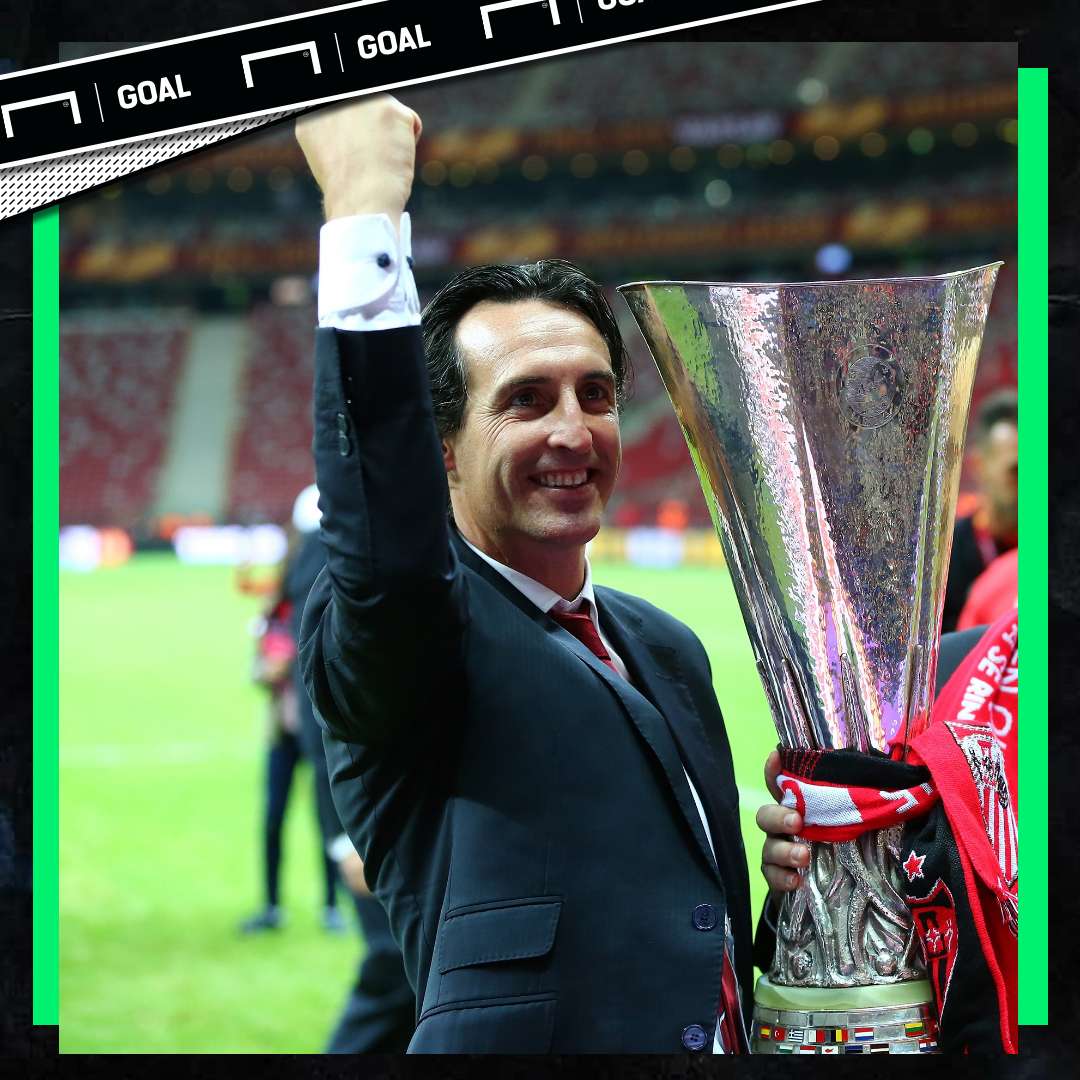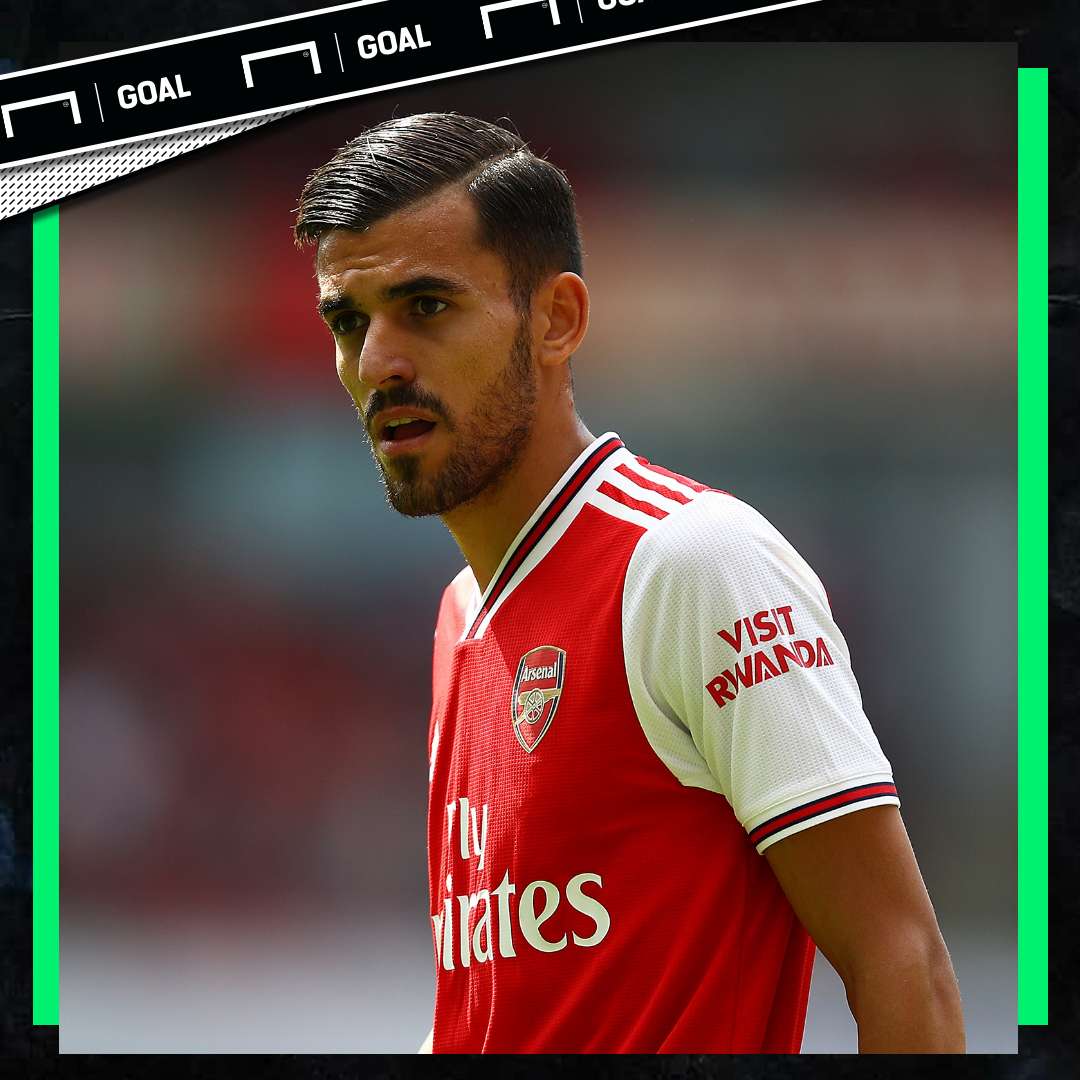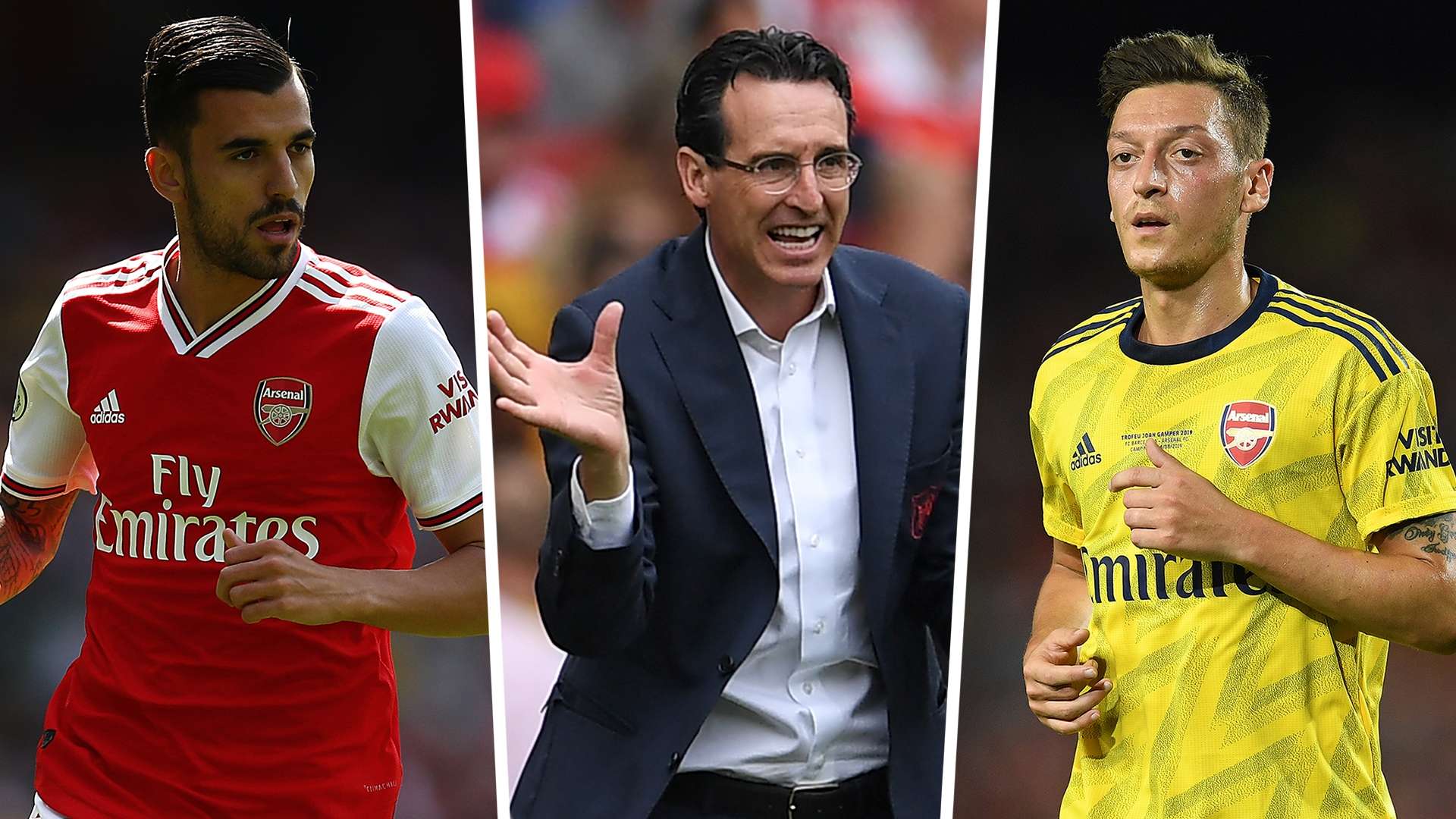When Unai Emery was unveiled as Arsenal manager in May 2018, fans were promised an emphatic end to the apathy that had gradually seeped through the club in the final years of Arsene Wenger’s reign.
Arsenal were passive, meek, and directionless, reflecting their manager’s laissez-faire attitude; sleepwalking through a new era of hard pressing and meticulous coaching of the finest tactical details. Emery, an obsessive renowned for boring Neymar with long tactical seminars, was to bring smelling salts to the Emirates.
It didn’t quite go to plan, and Emery’s first season in charge was peculiarly aimless. Arsenal stuttered through home matches, shuffling and probing with a hesitancy that was – thankfully – punctuated by sudden bursts of quality from individuals.
In away matches, they were hopeless, winning just twice after Christmas. It being a transitional year, fans were happy to give Emery some leeway.
However, they will not be so kind in 2019-20, and although Arsenal have won their opening two Premier League matches for the first time since 2009, things don’t appear to have improved. Their performances against Newcastle and Burnley – both tipped for a relegation dogfight this year – were ambling.
Scratch beneath the surface, though, and things are finally starting to take shape for Emery and Arsenal.
It is easy to forget how bad things had got under Wenger, how inevitable it was that Emery’s transitional year would look a little directionless when considering the scale of upheaval needed for his tactical ideas to take hold.
Winning seven more points than in 2017-18 and reaching the Europa League final should be considered a success, and while fans expected a tactical identity to gradually emerge as the season went on, it would appear, with the benefit of hindsight, Emery just didn’t have the right players to make it work.
However, with the arrival of David Luiz, Nicolas Pepe and Dani Ceballos, Arsenal could be on the verge of looking like a coherent and identifiable Emery team.
Emery was forced to play a possession-based 4-3-3 at Paris Saint-Germain, a super-club whose dominance of French football made them unwilling and incapable of bending to his methods.
So, to understand what the Spaniard wants to achieve at Arsenal, we need to look at his Sevilla team that won three consecutive Europa Leagues.

Sevilla were a counter-attacking side, but not in the traditional sense. Rather than sit in a deep block and absorb pressure, they pressed in strategic bursts to target opposition weak spots; rather than concede possession they played a sharp short-passing game to draw the other team out before suddenly switching gears to break into the spaces left behind.
Combining playing out from the back with pressing from the front, Sevilla’s famous counter-attacks were in the mould of Jurgen Klopp’s gegenpressing, albeit less urgent.
It is a complex strategy that, by placing so much importance on abrupt tempo changes, requires perfected attacking routines and instinctive connections when transitioning from defence to attack.
It is no wonder, then, that Arsenal – like Pep Guardiola’s inconsistent Manchester City side during his bumbling first year in England – tend to drift erratically until all the components click into place.
Last year, Emery wasn’t just fighting against a decade of stagnation under Wenger but with players incapable of playing with the requisite energy or tactical intelligence, the grand symbol of their inertia being, of course, Mesut Ozil.
Ozil and Emery cannot ever truly get along. They are essentially opposites: Ozil one of the last true No.10s who can only float menacingly and play a killer ball; Emery a workaholic who demands his attackers hassle and harry.
Ozil creates space by moving himself and the ball, Emery creates space by moving the opposition. It is a battle of how to interpret football, of individuals versus systems, and Ozil will lose.
And so to return to Arsenal’s strangely unimpressive 100 per cent start to the new season.
What we should be looking for are glimpses of a new order, flashes of Sevilla-like counters that Emery can hook onto and study with his players. Which is why a Matteo Guendouzi shot in the 41st minute of last weekend's win over Burnley could, nine months from now, be seen as the moment that tentatively kick-started a purposeful season at the Emirates.
Joe Willock and Guendouzi exchanged a one-two on the edge of their own penalty area to manoeuvre around a high Burnley press that had been triggered by low-tempo passes between Bernd Leno and Sokratis before Willock picked out Ceballos.
 Getty/Goal
Getty/Goal
The Spaniard turned sharply and galloped the length of the pitch before playing in Guendouzi, who had sprinted frantically to keep up, only for his shot to be tipped around the post by the leg of Nick Pope.
It was a fairly inconsequential move but by drawing Burnley out, then quickly changing gear, Arsenal launched a counter-attack that was textbook Emery.
Ceballos was at the heart of the move and would go on to provide two assists in the match, the second a tackle to release Pierre-Emerick Aubameyang that would not have looked out of place at Anfield.
Klopp and Emery both emphasise speed and verticality in attack, which is why Arsenal’s new front three of Aubameyang, Alexandre Lacazette and Pepe is another reason to believe things will click into place this season.
Lille’s quick counters helped Pepe to 22 goals and 11 assists in Ligue 1 last campaign. Along with the capture of David Luiz – an aggressive, forward-thinking defender – Arsenal have strengthened with exactly the right type of player for Emery to replicate his tactical philosophy from La Liga.
Arsenal still need new full-backs. Emery still needs to adapt his Sevillian tactics at a club guaranteed to dominate possession. They will probably lose heavily to Liverpool on Saturday. They remain a work in progress.
And yet, a calculated summer window and flashes of good football against Burnley point to a future beyond the elegance and gentleness that still lingers at the Emirates, as personified by Ozil.
Nobody better represents the last years of Wenger than the German playmaker – which is precisely why the Frenchman's replacement wants the World Cup winner out more than anyone else.
There is no way back for Ozil – which might be the clearest sign of all that the Emery era is finally taking shape.




